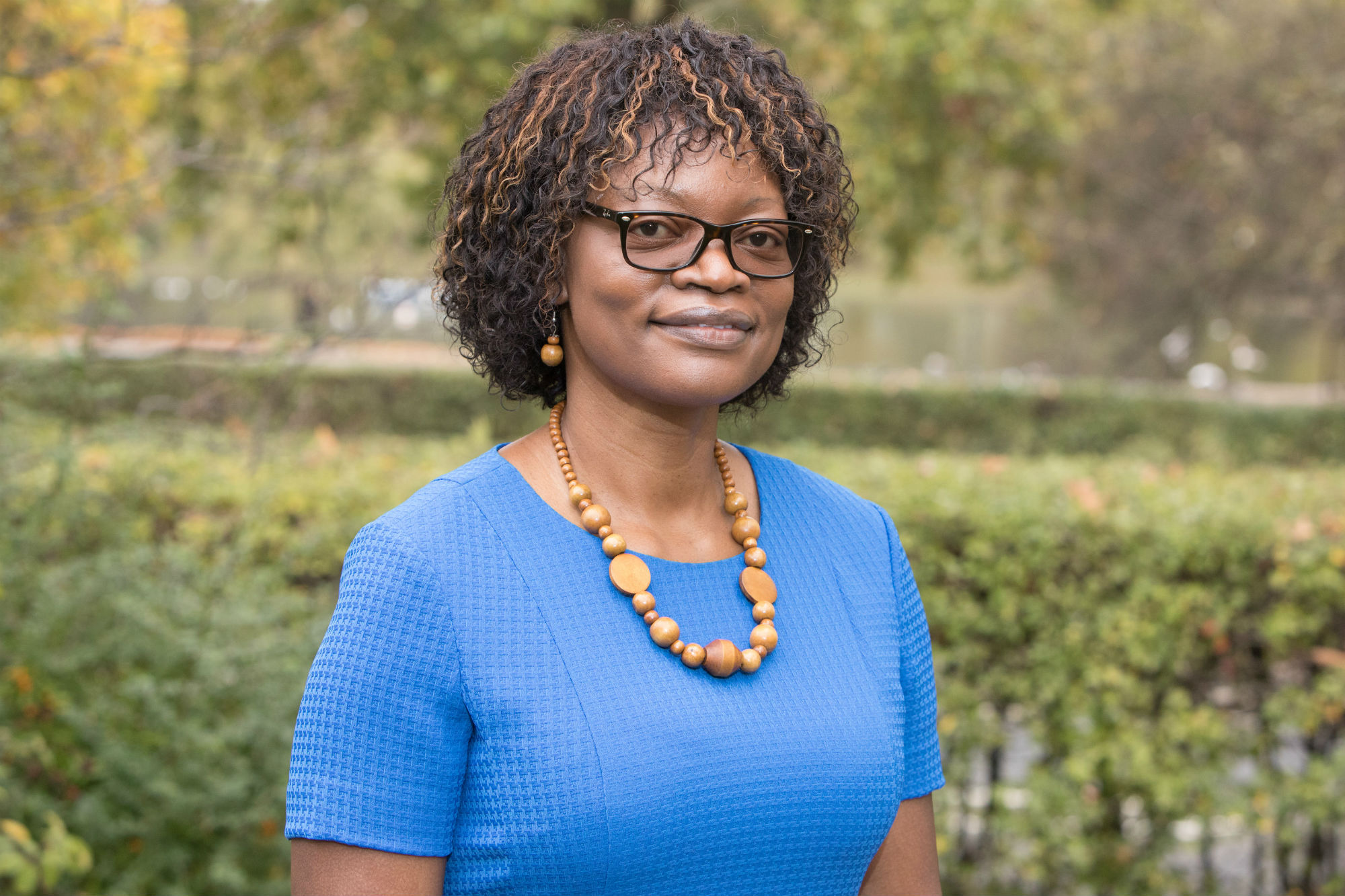With applications for this year’s Mary Seacole Awards now open, previous winner Bertha Ochieng explains how her research into nutritional needs is benefiting black and minority ethnic families
How much yam should a parent give a child?
When RCN member Bertha Ochieng researched the nutritional needs of young children in black and minority ethnic (BME) communities, she found the dishes prepared by many families gave rise to cultural issues that some nurses and health visitors were ill equipped to address. Among them was the correct portion size for vegetables common in African-heritage cooking.
Bertha, Professor of Integrated Health and Social Care at De Montford University, funded her research by winning a prestigious Mary Seacole Leadership Award, which recognises the contribution of nurses to the health of BME groups.
“In my research, I explored the factors that either facilitate or hinder weight maintenance in black children before the age of five,” she says.

An aim of the research was to design a health promotion tool that could be used by health care practitioners. She focused on BME communities because they have disproportionately high rates of people who are obese or underweight.
Influencing diet in childhood is hugely important because of the health problems that can develop in adult life when the principles of good early nutrition are neglected – problems such as diabetes, cardiovascular disease, cancer and arthritis.
Inhibiting factors
From focus groups, it became apparent that black families were knowledgeable about the need for children to maintain a healthy weight. But they described a number of inhibiting factors – among them unemployment and under-employment.
“Some families discussed the challenges about their migration status, which was at the forefront of their minds instead of encouraging healthy diet and weight in children,” Bertha says.
Experiences of social discrimination affected families, too. They described the stress it caused and its impact on home life. And they felt the advice they were given about nutrition did not reflect their African-heritage foods.
The health visitors were thinking ‘I don’t even know what a yam looks like’
When Bertha conducted focus groups with health visitors some of them acknowledged their inadequate understanding of such foods and asked for training to improve intercultural competence.
“Some health visitors would say that parents ask, ‘How much yam should I give my child?’ and the health visitors were thinking ‘I don’t even know what a yam looks like’.”
As part of the training now being developed as a result of her research, Bertha is working with a dietician expert in African heritage food to produce practical resources that can be used by health visitors and others.
“I’m also in the process of disseminating the findings of my research and will target policy makers at local and national level, so that healthy diet information for children is tailored and can reflect cultural heritage and families’ lived experiences.”
Apply now
The Mary Seacole Awards support projects that improve health outcomes for BME communities. Funded by Health Education England, they are awarded in association with the RCN and other unions, and supported by NHS England.
The awards are open to registered nurses, midwives and health visitors, and the deadline for applications for the 2019 awards is 24 May.
Find out more information and details of how to apply
Picture of Bertha Ochieng by Barney Newman








